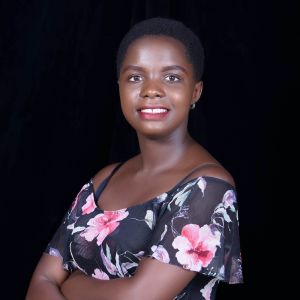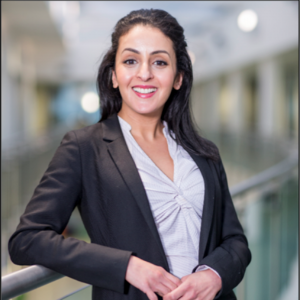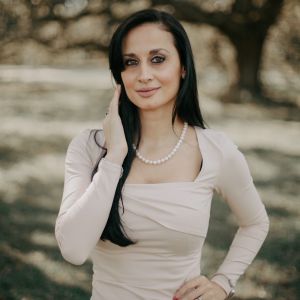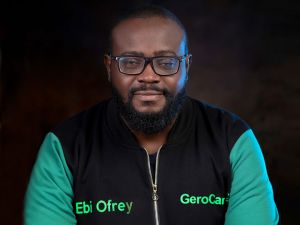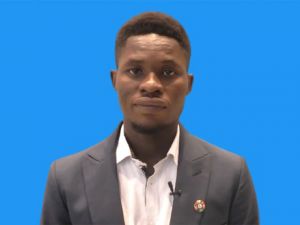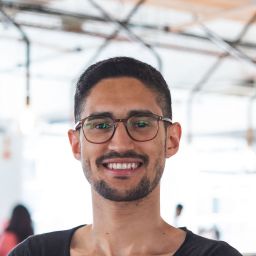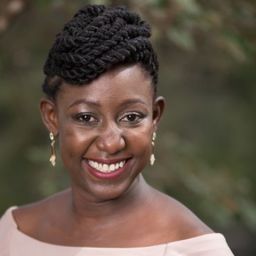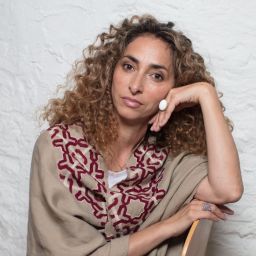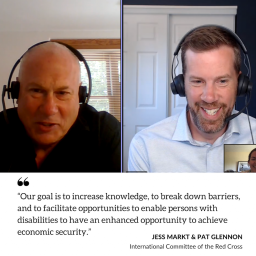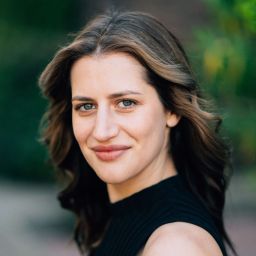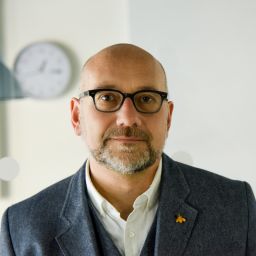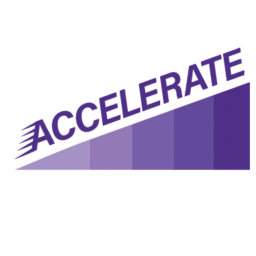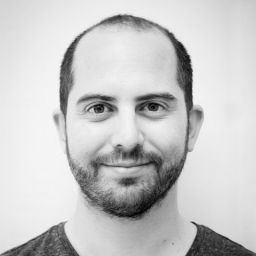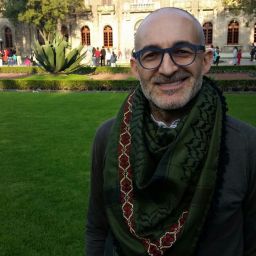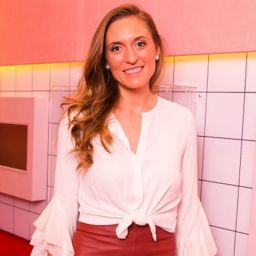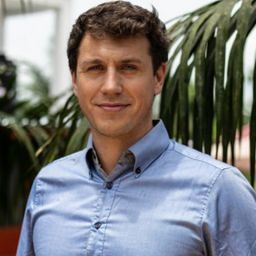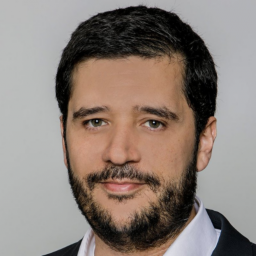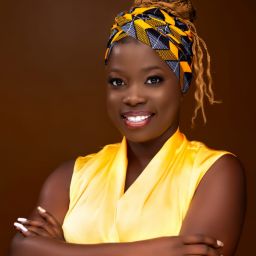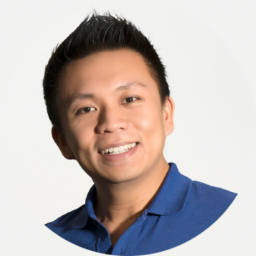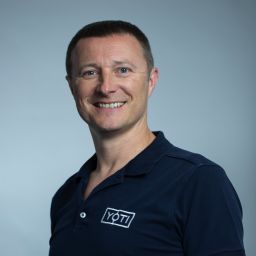Meaningful Business (MB:) Please tell us a bit about your background.
Aime Rebecca (AR): I am a refugee in Uganda from DR. Congo. I dropped out of secondary school in 2012 due to lack of fees and family responsibility. Since then, I have had to engage in running small businesses to generate income and support my family. In 2016, through a scholarship program, I joined Social Innovation Academy (SINA), a unique learning environment that supports marginalised youth to transform their challenging past experiences into social enterprises. It is then that I started my journey in social entrepreneurship.
MB: What led you to start Patapia?
AR: When we came to Uganda as a family of 6 with a single mother. With no way to provide for the family, my mother took on work as a house help, which affected her back leaving her unable to walk. As the eldest in the family, I had to drop out of school to find a job and be able to provide and care for my mother.
Starting my own business was the best possibility but even then, I didn’t have the capital to start and no-one was willing to give or lend me money. Kampala is a place where many young people are unemployed, so it was challenging to find decent work. I finally got a job as a hawker, travelling very long distances, which exposed me to dangerous situations, and yet I still wasn’t making enough to provide for the needs of my family.
When I joined SINA, I learnt that I could transform my challenging past experiences into opportunities. I wanted to support people like my mother so that their children don’t go through the kind of life I had to. Patapia then started with the aim of empowering refugee women economically.
MB: What is the problem you are trying to solve?
AR: The problem we are solving is that of refugee livelihoods. 86% of the refugees in Uganda are women and children and 64% of the households are women led (UNHCR 2019). Many refugee households, especially those that are women led, are struggling daily to provide for the basic needs of their families. The UN Refugee Agency, UNHCR, gives hand outs, but they’re too small to last a whole month. As a result, many women and girls struggle and are exposed to exploitation and abuse in an effort to support their families.
SME startups provides a possible way out of poverty but most refugees lack the skills and knowledge to start and run a business. In addition, many lack the capital and yet most financial institutions don’t provide financial services to refugees. They don’t have major assets to use as collateral and so are considered a high-risk category.
Aime Rebecca, Founder & CEO, Patapia
MB: What is your biggest challenge right now?
AR: Considering that we charge a low interest, we need to invest in a bigger number of women so as to be profitable. Our biggest challenge is that we have low finances in our investment pool and so Patapia cannot invest in many women. Patapia needs to get additional investments and grants, which will be used to invest in more women.
MB: What is your vision for the future of your business?
AR: Our vision is to grow Patapia into a global bank for refugees. We want to be right there, where refugees are, and be that shoulder that they need so much. We are starting with women but we know that the men also need our services. We are actively packaging Patapia into an enterprise that will grow into refugee camps and other refugee hosting areas in Uganda, and beyond.
MB: What is your advice to other leaders who want to combine profit and purpose?
AR: My biggest piece of advice is to find a need, that thing that is making the lives of people so unbearable, and provide a solution to that. If the need is there, there is always someone willing to pay for it. You don’t need to focus on making money initially; if you can solve a need in the best and most innovative way possible, the money will follow.
There has been a shift from NGOs to social entrepreneurship. Donors will not always want to donate, so how can you solve a need and still be sustainable? This is what every leader who wants to serve a purpose should consider.
________
Quickfire Questions
MB – What’s the best piece of advice you ever received?
AB – Impact drives income. Initially my thought was to get an idea and look for grants. I saw many young Africans like me always looking for grant opportunities with no impact to show. From my mentor, I learnt to do the little I could with what I had and create impact, and that impact will bring in revenues, investors, donor and grant opportunities.
MB – Who inspires you?
AR – Maike Striffler inspires me. She is my mentor from the SINA Global accelerator. She is always happy, optimistic and willing to work anytime with a lot of energy. I admire her spirit and I hope to grow such energy in all that I do.
MB – How do you define success?
AR – For me, success is having a happy life. It is not only about making money. It’s about being purpose-led, having good relationships , and enough money to help me improve my life and the lives of those around me.
MB – What is something you wish you were better at?
AR- Fundraising. I am learning, but I wish I were already better because we need this so much.
MB – What is the one book everyone should read?
AR – There is a lot I always learn from the Bible – leadership, hope and sharing. You don’t need to have a lot to share but it should always come from the heart.
MB – What do you do to relax?
AR- I love to sit alone in nature with silence and birdsong.
________
Discover the other MB100 leaders recognised for their work combining profit and purpose to help achieve the United Nations Sustainable Development Goals in 2020, here.


